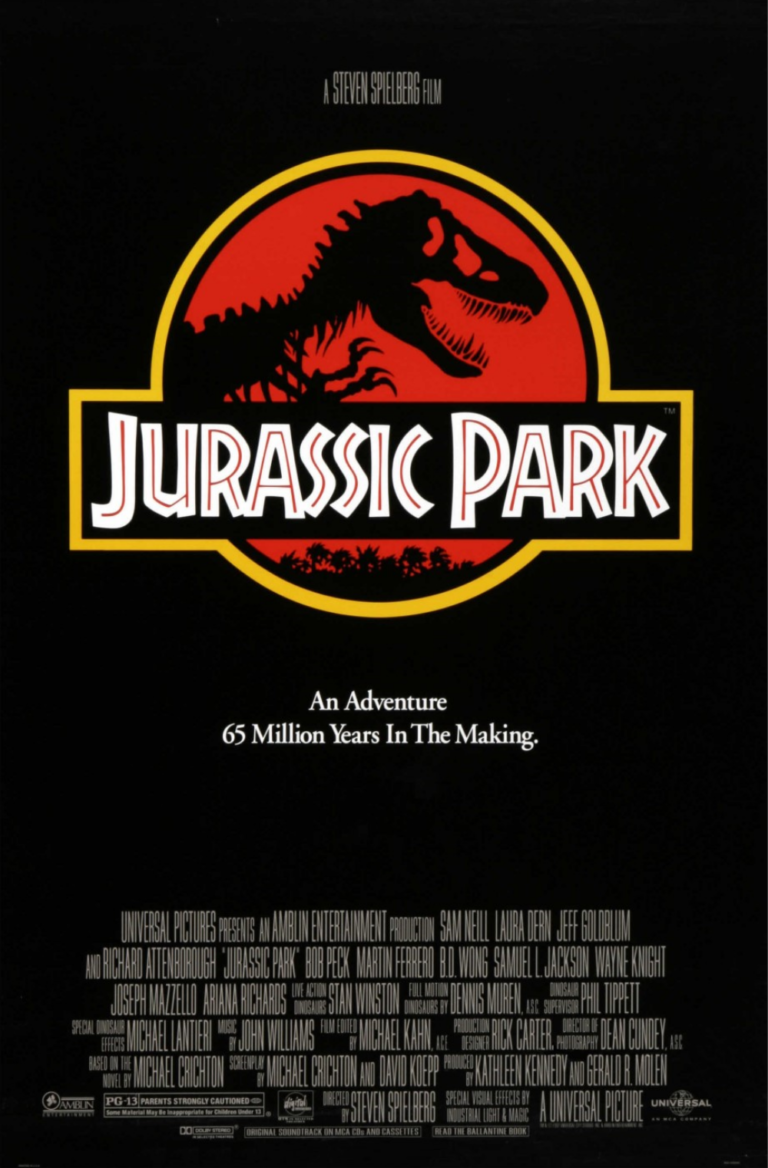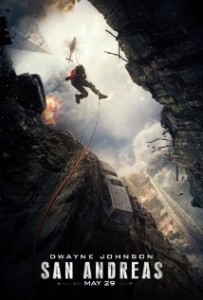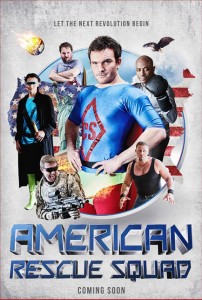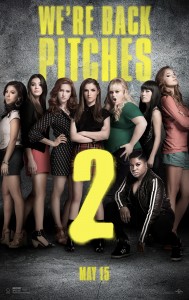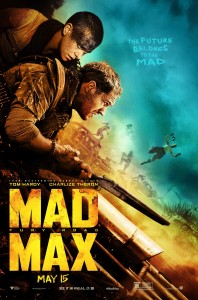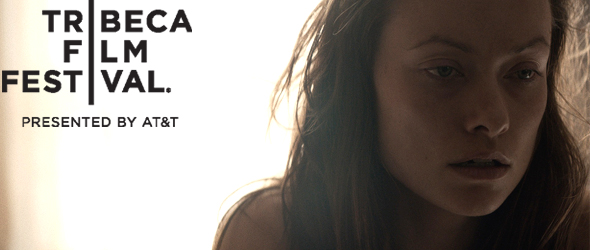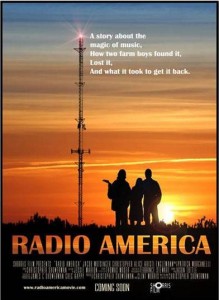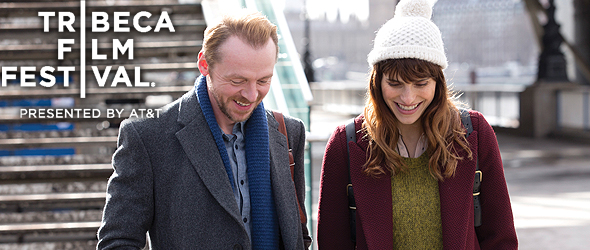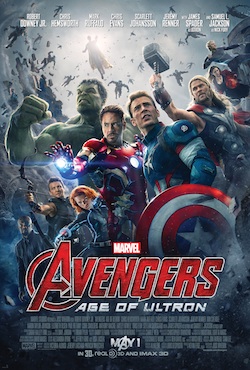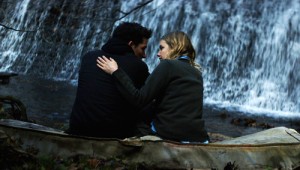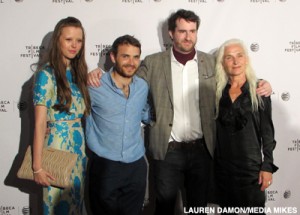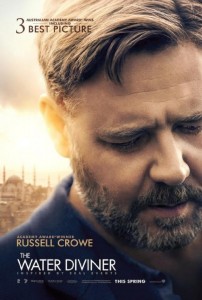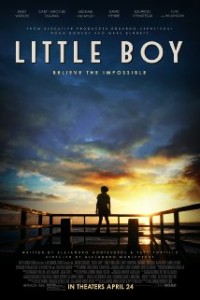Man Up, the hilarious new comedy from director Ben Palmer and writer Tess Morris, made its NY debut at this year’s Tribeca Film Festival with the creators and star Lake Bell in a cheerful mood on the red carpet. They along with producers Nira Park and Rachel Prior spoke with me about working on the film.
The film focuses on the awkward Nancy (Bell) accidentally swiping some else’s blind date, Jack (Simon Pegg) and the wild night they have out in London. True to the spirit of Man Up’s main character Nancy, writer Tess Morris was unabashedly honest about how she felt about the premiere, laughing and saying, “First time I’m going to see it with a paying audience–so I’m really excited and also I feel sick!”
Lauren Damon: How did you come up with some of the phrases and strategies that Nancy throws out in this film? The tactical puke? The blowjob paradox?
Tess Morris: Because they’re all actual things in my life! Actually, The Blowjob Paradox is my friend Austin. I have to credit him. That was his theory that I stole. Never be friends with a writer because they’ll just use everything of yours. Tactical puke? Because I’m the least sporty person in the world. So the idea of me actually having to do a tactical puke is sort of like half the joke. But yeah, I just base a lot of stuff on–I have a notebook with me everywhere I go and I just nick everyone else’s…
LD: Like Nancy carrying a notebook.
Morris: Oh yeah! Yeah, she’s very much myself.
LD: Did you write Jack with Simon Pegg in mind?
Morris: No I didn’t, I actually wrote it on spec, but he came on board it quite early and just changed the whole process for me. Because obviously once he was playing Jack, I could just have even more fun with him. And he brought so much to it, obviously. As did Lake. So yeah, that was a very exciting moment when he agreed to do it.
LD: I appreciated how none of your other female characters are mean, how the other date isn’t grotesque or competitive.
Morris: Oh yeah, like she gets her–I just sort felt like it was really important that she didn’t come across as like some young shallow kind of gal. Like she’s really excited for them because she’s a good soul. And I don’t like mean movies, you know? What’s the point?
LD: Can you name some of your favorite romantic comedies?
Morris: Oh yeah! I love Moonstruck. I think it’s underrated a lot. And I obviously love When Harry Met Sally and I also, most recently, Silver Linings Playbook and Crazy, Stupid, Love and Enough Said actually. I really liked Enough Said a lot. I think there’s been a slight resurgance recently.
Producers Nira Park and Rachel Prior had worked with star Simon Pegg throughout his entire “Cornetto Trilogy” with Edgar Wright and even earliar than that on UK sitcom “Spaced.”
LD: Can you speak about your relationship with Simon Pegg since you’ve worked with him dating back to spaced?
Nira Park: Eighteen years, seventeen years…we met on Spaced actually so I’d done something small with Channel 4 with Edgar before Spaced, then Spaced was starting up and Channel 4 actually asked me if I’d just do a couple of days a week initially to just kind of help them get it together. And I remember being really nervous when I met Simon and Jessica [Hynes] and I’m a bit older than them and they said they were terrified of me for the whole of the first series but I was actually quite scared of them! And–cause he’s just so bright and so brilliant and so funny–so yeah, I did a couple of days a week at first and then we all got on so well that kind of within a few weeks they were like ‘will you produce it??’ So okay.
LD:How did you get connected to this particular script?
Park: Well this script came about, we were just saying, because Rachel [Prior]–well we were all completely obsessed with Bridesmaids because we premiered Paul at SXSW and Bridesmaids was the surprise screening at midnight after Paul’s screening and it wasn’t finished at that point and actually [producer] James [Biddle] and Rachel weren’t there but I came back to London and was like ‘Oh my god, I’ve seen this film! It’s amazing! I wanna make this film!’ and we were just like ‘Why are there no more female writers in the UK who are writing this kind of thing??’ And then literally a couple of weeks later, this script, no one in the UK really writes on spec in the same way–it’s not the same as in the States–and this script just arrived through the letter box written by Tess and she’d kind of written it for Big Talk in the hope that we’d like it. Because she liked the films, the other films. And it was like everything we’d been hoping for! So at that point, we picked it up and we developed it for like a year and a half, we attached Simon kind of six months into the development.
LD:When did Lake come in?
Rachel Prior: When Lake came in it was just as we got to the point where we had a script that we were happy with and we were about to sort of start putting together and actually with BBC films and StudioCanal to actually start going into production. And we saw a couple of trailers for In A World and it was like there’s this–we had knew Lake from “Children’s Hospital” but there was something in In a World where we were like ‘Oh my god, she could play Nancy’ It’s obvious she was great at accents. And then we read an interview with her where she had said she studied drama in the UK for four years so we were like ‘Can she do a British accent?’ And she can.
Park: A brilliant one.
Rachel: Some Brits when we tested the film had no idea that she was American!
Lake Bell’s previous film, In a World featured her playing none other than a dialect coach with a great ear for accents.
LD:Was it gratifying going from In A World where the subject matter was doing dialects to this full feature where you’re using your British accent?
Lake Bell: It definitely was. You know accents and dialects are very much an obsession of mine. That is very authentic to In a World. So this was definitely on my actor bucket list of things to do was to play a fully realized British character, so yes. It absolutely satiated a desire to play a British character.
LD: How familiar were you with Simon Pegg before you paired up here?
Bell: You know I had known Simon’s work and certainly upon first meeting him I noticed we had a good sort of comedic chemistry and you know was excited to kind of go down this journey with him because I thought ‘Yeah, this if is gonna work.’ Especially with Tess Morris’s words which are so brilliantly…I really do attribute the brilliant repartee to her script.
Finally, director Ben Palmer comes from having done the feature film of UK TV teen comedy Inbetweeners.
LD: Your previous feature was The Inbetweeners, with just this manic teenage male energy, how was it switching to having a strong female lead?
Ben Palmer: It’s how I respond to a script, to be honest. And so the Inbetweeners was a really big part of my life and when I got sent Man Up, I almost felt they probably had sent it to the wrong person. Because I never thought that I’d be doing a British romantic comedy. But there was something–within the first couple of pages of reading Tess’s script, there’s something in that dialogue that stuck with me. And in a way, it has sort of that sharpness and that speed and the naturalism, I suppose. Those characters are so well drawn that I was a sucker for it, basically. And there’s and edge and there’s a truthfulness and it’s anarchic in its own way. There’s swears, there’s all that sort of stuff that excites me, I suppose. Although it is a romantic comedy, there is a crossover to the Inbetweeners. And it’s nice just to keep shaking it up and do a different thing.
LD: The film takes place over the course of one night, but has so many locations, what was that shoot like?
Palmer: I loved that hook, that it happened over sort of 24 hours, in one night really. So within that…the challenge is to try and liven it up and move it around and the fluidity and the speed that they’re hammering through this city. It’s trying to find locations, not the easy locations to shoot in, but to go well ‘this is where this would happen.’ And so with that, when you’re doing a low budget film, there’s problems there. Because you can’t close down whole blocks, so you’ve gotta sort of work around general public in a way. But that’s how you achieve something that feels real and honest.
LD: Bowling features heavily in Nancy and Jack’s date, was there a best bowler on the set?
Ben: (Laughs) Simon. Simon’s a pretty good bowler. I’d say he’d edged it.
Man Up opens in UK cinemas on May 29th, while Saban Entertainment has recently acquired US distribution rights. You can read my review from Tribeca here.
